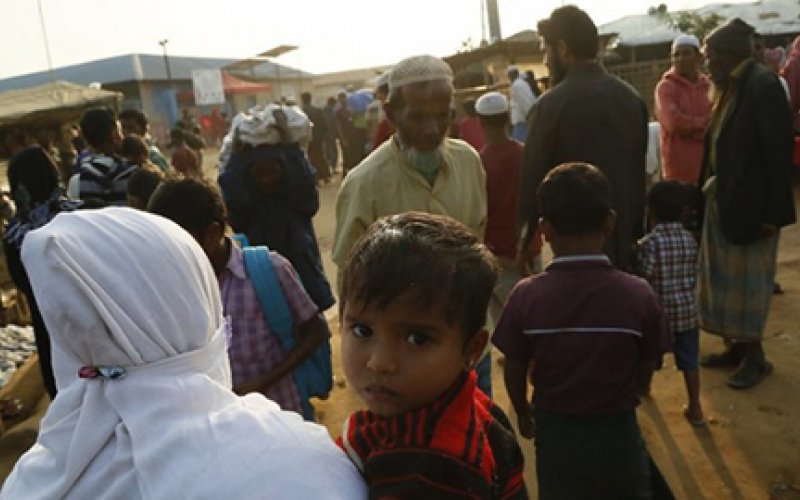A Faculty Member’s Opinion Piece Considers the Serious Plight of Refugees during COVID-19

Refugees face hardships and barriers with COVID-19 that extend beyond existing public health conditions and disparities, an associate professor and chair of Communication writes in a new Hill Times op-ed. Writing with a Canadian colleague, Rukhsana Ahmed states that only by working with this population to address its unique social, financial and structural challenges can host countries ensure improved healthcare outcomes.
Ahmed and co-author Zeba Tasci of the Canadian NPO Grand Challenges Canada write that refugees — the majority coming from Syria, Venezuela, Afghanistan, Somalia, South Sudan and Myanmar — are already among the world’s most vulnerable populations. Their situation is compounded during a health crisis, say the authors.
“Refugees resettling in their host countries have the added burden of navigating a new health-care system, overcoming economic, sociocultural, religious and geographic barriers, as well as language barriers for accessing critical health information,” the authors write. Increases in mental health diseases, they say, are a natural byproduct.
Ahmed, a research associate in UAlbany’s Center for the Elimination of Minority Health Disparities, with Tasci considers the situations for refugees in host countries, from the developing nation of Bangladesh to the United States and Canada. A challenge for the latter two nations involves delivering “culturally appropriate” services to peoples who speak little or no English and have no experience with complex health and health insurances systems.
Among the authors’ recommendations are calls for coordinated, multi-sector initiatives and public health efforts that include consultations with refugee populations, religious and cultural leaders that consider the experiences and beliefs of refugees in regard to their health. Such interventions, they write, will help ensure “equitable and culturally appropriate services and policies for refugees.”
The Hill Times covers federal political news in Canada. You can read Ahmed and Tasci’s entire article here.




